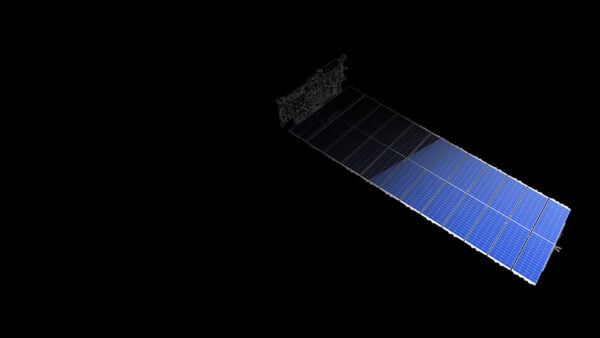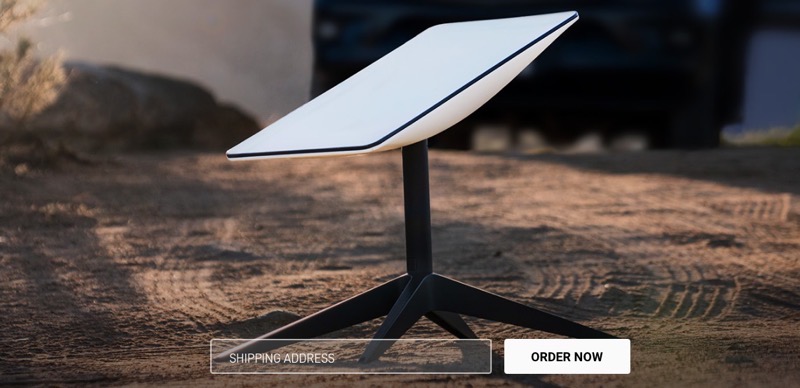
SpaceX’s Starlink Internet Taps Google Cloud for Global Connectivity

Google announced on Thursday that its cloud computing arm has secured a contract with SpaceX’s Starlink to provide computing and networking services to the internet company, according to CNBC.
Google’s private fiber-optic internet network will be utilized in the up to seven-year deal to make swift connectivity to cloud services possible.
In addition, SpaceX plans to install ground stations at Google data centers connecting Starlink’s low-Earth orbit (LEO) satellites. The deal marks a big win for Google, as it attempts to guard its market share against cloud computing rivals at Amazon Web Services and Microsoft Azure, two other major cloud companies in today’s cloud service market.
“Applications and services running in the cloud can be transformative for organizations, whether they’re operating in a highly networked or remote environment,” said Urs Hölzle, Senior Vice President, Infrastructure at Google Cloud, in a statement. “We are delighted to partner with SpaceX to ensure that organizations with distributed footprints have seamless, secure, and fast access to the critical applications and services they need to keep their teams up and running.”
Canada’s Telesat to Take on SpaceX and Amazon in Satellite Internet Space Race https://t.co/VGl1iK87ns
— TeslaNorth.com (@RealTeslaNorth) April 12, 2021
Google’s cloud services only brought in 7% of its overarching company Alphabet’s total revenue in the first quarter, though it still grew almost 46% year-over-year, alongside 32% growth in Google’s advertising services.
“Combining Starlink’s high-speed, low-latency broadband with Google’s infrastructure and capabilities provides global organizations with the secure and fast connection that modern organizations expect,” said SpaceX President and Chief Operating Officer Gwynne Shotwell, in a statement. “We are proud to work with Google to deliver this access to businesses, public sector organizations, and many other groups operating around the world.”
Along with offering cloud computing services to much of the internet today, Amazon has also unveiled Project Kuiper, an LEO satellite internet service provider which has its satellites just beneath SpaceX’s approved Starlink satellite altitude, run by Amazon subsidiary Blue Origins.
Last month, Blue Origins alleged that NASA moved the goalposts when awarding SpaceX a moon outpost contract. The company also missed out on earlier projects, set to begin in 2022, to both SpaceX and the United Launch Alliance (ULA), the latter created by a joint venture between Boeing and Lockheed Martin.

